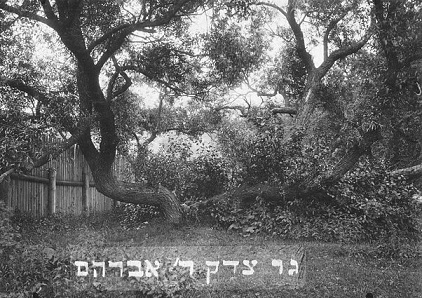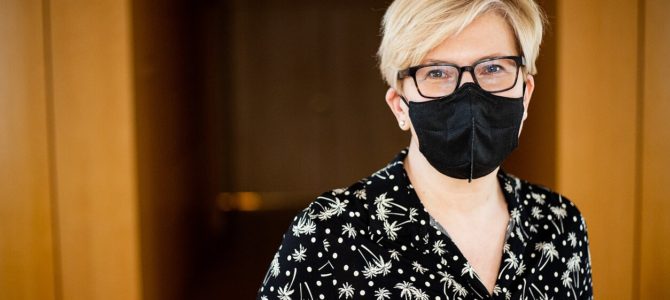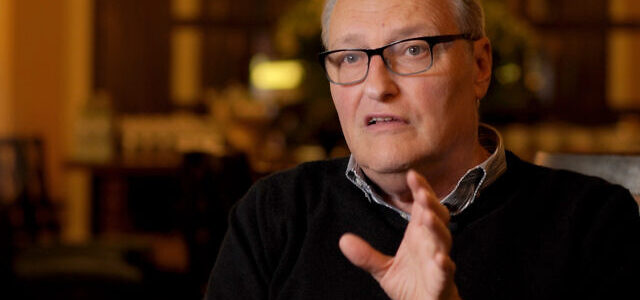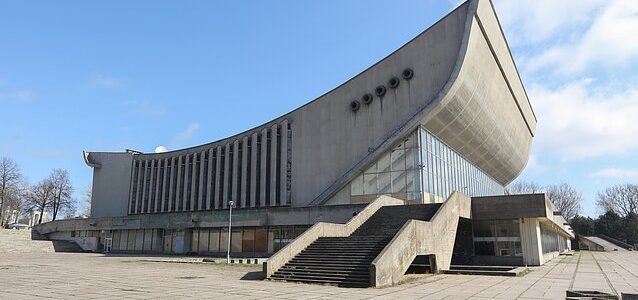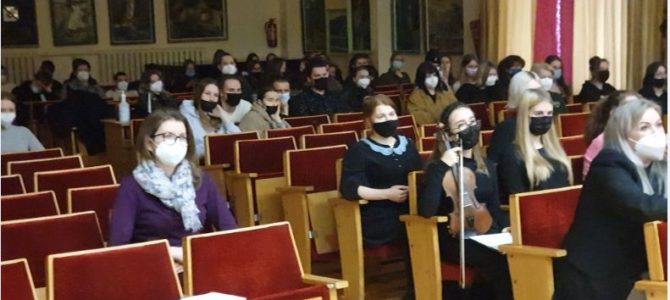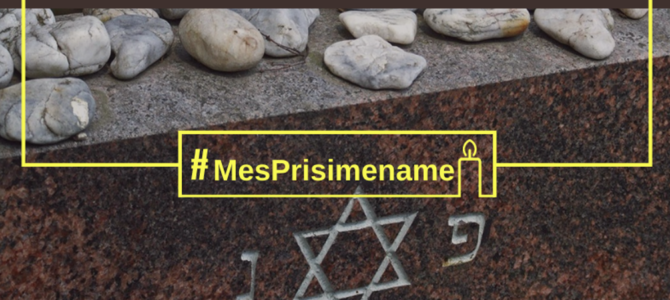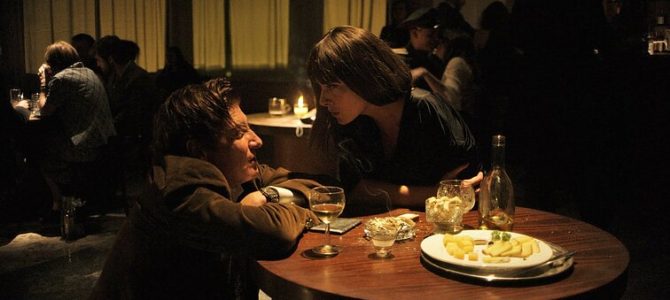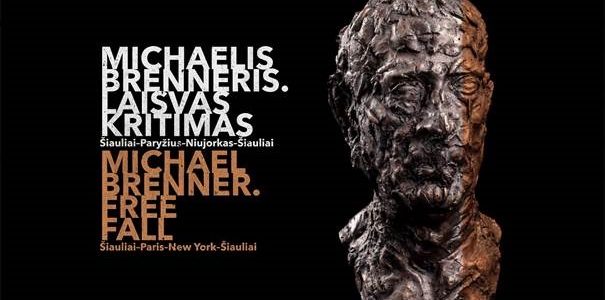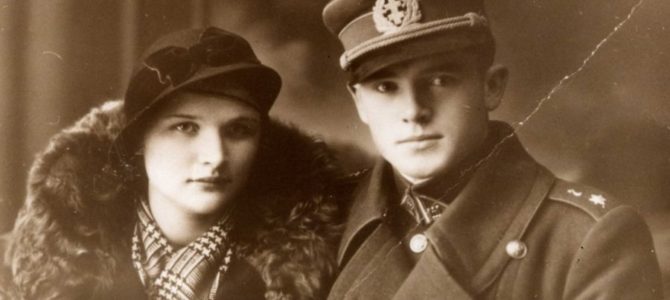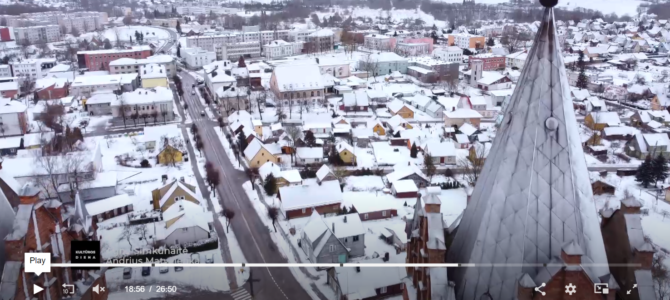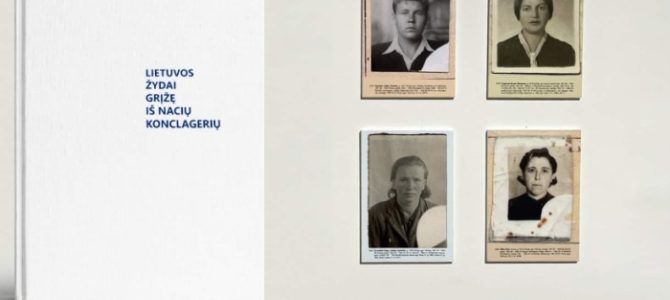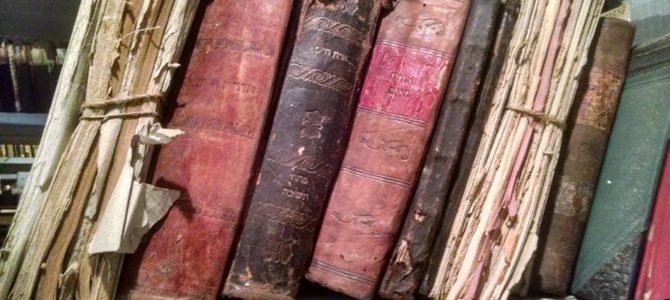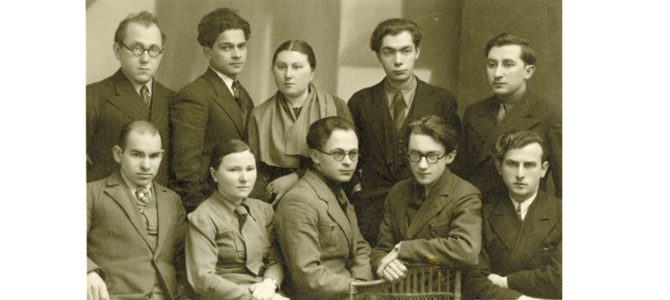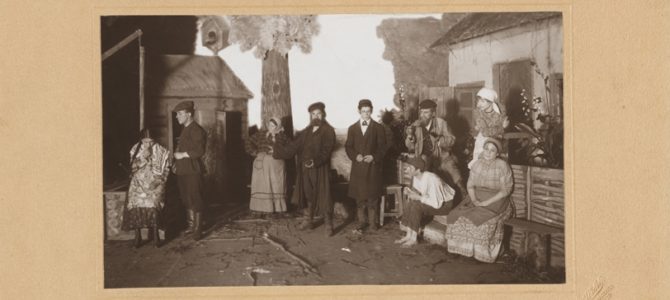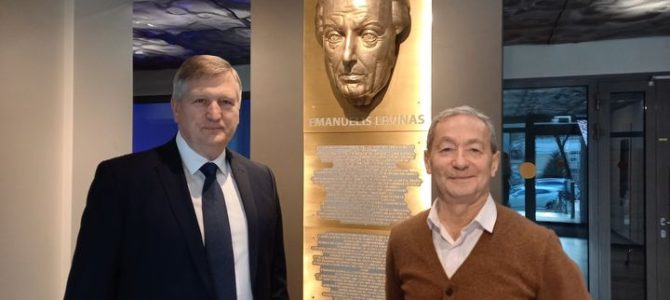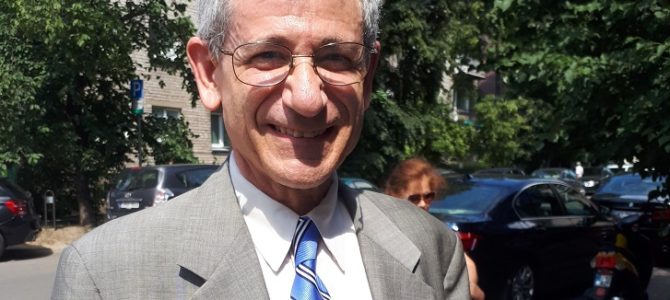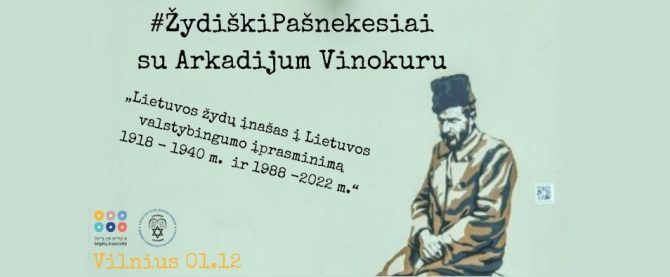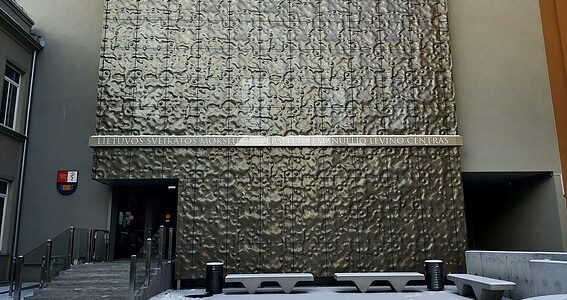PRESS RELEASE by the Committee for the Protection of Jewish Cemeteries in Europe
(CPJCE)
January 18, 2022
The Lithuanian Government reaffirms its commitment to follow CPJCE guidelines on future plans of the Sports Palace Building situated in the Snipiskes Jewish cemetery in Vilnius.
The future function of the existing Sports Palace Building was discussed at a meeting held in Vilnius on November 25, 2021, between first deputy chancellor Mr. Rolandas Krisciunas, accompanied by his working team, and Mrs. Faina Kukliansky, chairwoman of the Lithuanian Jewish Community, together with Rabbi H. Gluck OBE and Rabbi Y. Schlesinger representing the CPJCE.
Rabbi Gluck pointed out that regardless what the future plans hold, the Government must respect the agreements signed between the Government and the CPJCE in 2009 and 2015 and therefore no movement of soil is allowed in the entire cemetery area, and the Government should continue to work hand-in-hand with CPJCE to ensure the safeguarding of the cemetery and other cemeteries in the framework of the halachic guidelines.


